Building an engaged university through Service-Learning and Civic Engagement praxis
This training explores how Service-Learning and Civic Engagement (SLCE) can be used as transformative tools to foster meaningful university-community partnerships. Participants will gain practical insights into integrating SLCE into teaching, research, and institutional culture supporting a more socially responsive and engaged university. The session emphasizes reflective practice, collaboration, and the co-creation of knowledge for positive social impact.
Building an engaged university through Service-Learning and Civic Engagement praxis
Department: Service-Learning and Civic Engagement Units
Course Title: Building an engaged university through Service-Learning and Civic Engagement praxis
Course Presenter: Jacqueline Scheepers
Course Date: 08 May 2025
22 May 2025
12 June 2025
31 July2025
14 August 2025
Start and finish times: 13:00- 16:00pm
Course Duration: 5 days
Course Description:
Staff development programmes are essential to improving the scholarship and pedagogical practices of academic staff. Critical to improving teaching practice is for universities to provide spaces and platforms for engagement, knowledge exchange and dialogue. Many universities in South Africa (SA) have come to the realisation that there is a need to provide their staff with formal and non-formal training on how to execute Community Engagement. The multidimensional nature of Service-Learning and Civic Engagement has created a need for a specialised training and development programme that can accommodate a range of academic disciplines. The building of a community of practice around the scholarship of engagement as a core pillar of universities needs to grow its research footprint to enable its development and sustainability in higher education. In addition, the recent pandemic has highlighted the need to revisit community engagement practices and to devise new ways of grappling with societal challenges.
The aim of this programme is to provide lecturers and practitioners with a capacity building programme with accompanying tools and platforms for knowledge exchange with the skills to plan, implement and evaluate a SLCE project that is of good quality and promotes scholarship. Included are those concepts, theories, tools, curriculum methods and case studies to support the planning, implementation and evaluation of SLCE projects. This will be done through seminars/webinars, capacity development workshops, a toolkit, participation in a colloquium and the development of project case studies for publication. The following themes will be covered in the course:
- Glocal influences: Policy frameworks and guidelines relevant SLCE
- SLCE Theoretical, philosophical and conceptual perspectives
- Meaningful partnerships, ethics and collaborative practices to enable SLCE
- SLCE curriculum development and design considerations
- Developing research and scholarship for engagement with communities
Reflection on practice, interactive dialogue, experiential and practical methodologies are core features of the programme. However, the programme builds on a strong theoretical and conceptual foundation which can lead to an improvement in scholarship for SLC.
Contact Person: Jacqui Scheepers and Theresa Burns
Virtual or Classroom: Classroom: SARETEC, Bellville campus
LINK TO BOOK THE COURSE : https://forms.office.com/r/i78e22gq4Y

